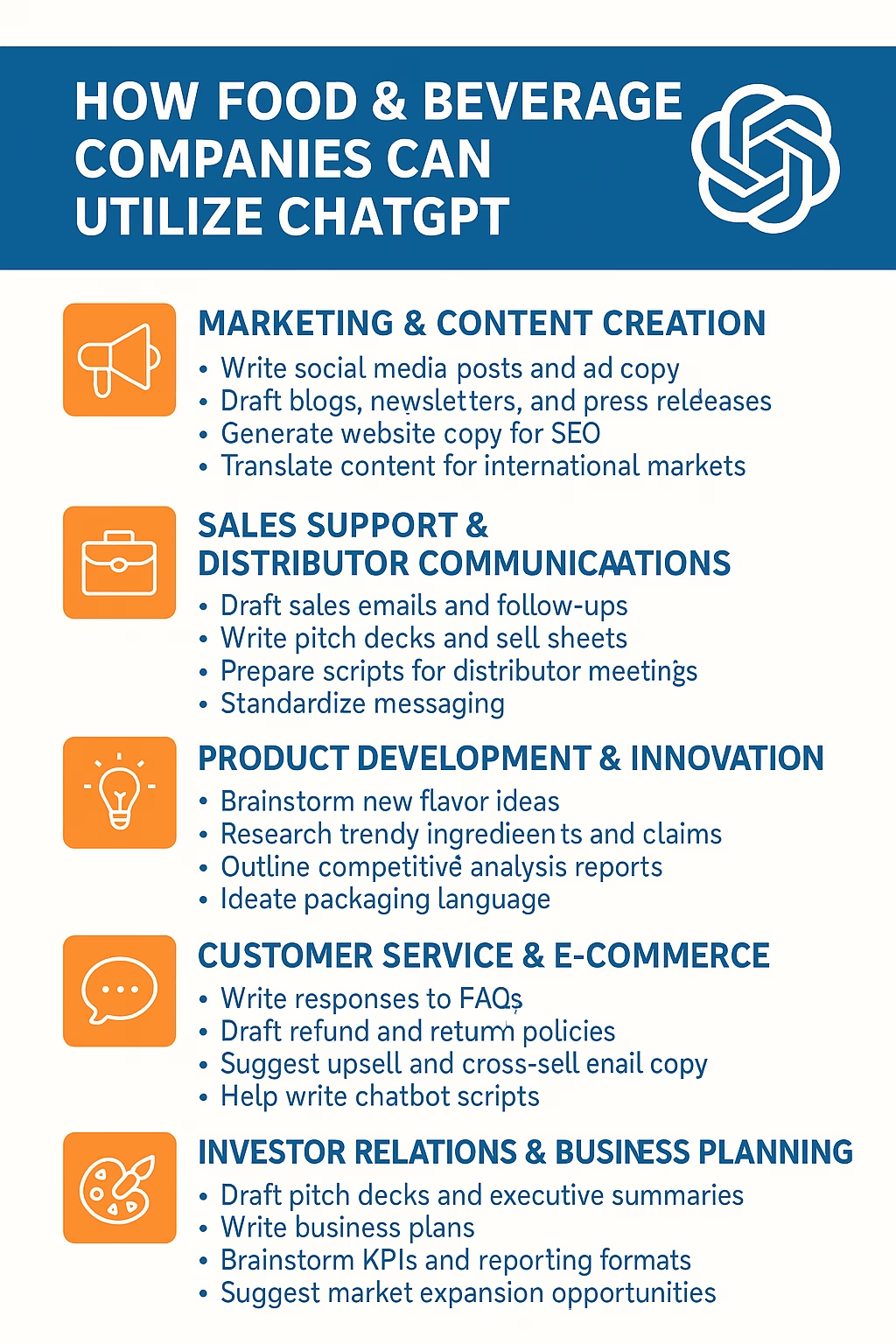Introduction: What Is a Burning Platform? Most businesses don’t change because they want to. They change because they have to.…
Mastering Social Media for B2B: A Complete Guide for 2024
In the evolving digital landscape of 2024, mastering social media for business-to-business (B2B) interactions has become crucial for companies looking to enhance brand visibility, generate leads, and establish thought leadership. Here’s a complete guide to navigating social media for B2B success in the coming year.
1. Define Your Social Media Objectives
Before diving into the specifics of social media, it’s important to define clear objectives. Are you aiming to generate leads, establish thought leadership, or enhance customer service? Setting specific, measurable, achievable, relevant, and time-bound (SMART) goals will help you tailor your social media strategies effectively. Learn how to set SMART goals.
2. Understand Your Audience
B2B companies must deeply understand their target audience. This includes knowing which platforms your clients use, when they use them, and what type of content resonates with them. Conduct market research or use analytics tools to gather this information, ensuring your social media efforts are focused and effective. Explore tools for audience analysis.
3. Choose the Right Platforms
Not all social media platforms are suited for B2B marketing. Platforms like LinkedIn, Twitter, and industry-specific forums often provide the best ROI for B2B marketers. Focus your efforts on the platforms where your target audience is most active to optimize your resources and impact. Discover the best platforms for B2B marketing.
4. Create Valuable Content
Content is king in social media marketing. For B2B, this often means creating content that solves problems, educates, and provides value to your peers and potential clients. Share insights, industry news, case studies, white papers, and webinars to position your company as a thought leader in your industry. Learn how to create engaging B2B content.
5. Leverage Employee Advocacy
Your employees can be your best brand ambassadors. Encourage them to share your company’s content, participate in industry conversations, and promote your brand’s initiatives. Employee advocacy can significantly expand your organic reach and add authenticity to your brand messages. Read about the benefits of employee advocacy.
6. Invest in Social Selling
Social selling in B2B involves building relationships and directly engaging with potential clients through social media. Train your sales team to identify prospects, engage in conversations, and nurture these relationships via social platforms. This approach can lead to more meaningful connections and higher conversion rates. Explore strategies for effective social selling.
7. Utilize Paid Social Media Advertising
While organic reach is important, paid social media advertising can amplify your visibility and lead generation efforts. Platforms like LinkedIn allow you to target your advertising very specifically to reach decision-makers within certain industries, company sizes, or even specific job titles. Learn how to optimize paid advertising on social media.
8. Monitor and Respond
Active monitoring and timely response on social media are crucial. Use social listening tools to keep an eye on what’s being said about your brand and your industry online. Responding promptly and professionally helps build trust and shows that your business values customer interaction and feedback. Find out how to effectively monitor social media.
9. Measure and Optimize
Finally, continuously measure the effectiveness of your social media activities. Use tools to track engagement, lead generation, and conversion rates from your social media efforts. Analyze this data regularly to refine your strategies and improve ROI. Discover key metrics to measure in social media.







